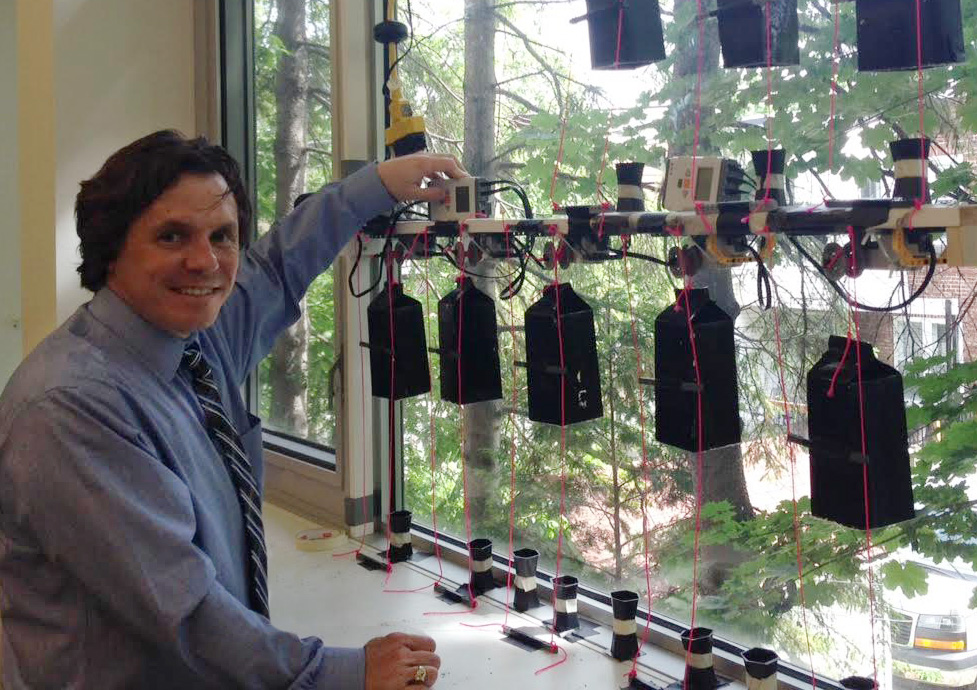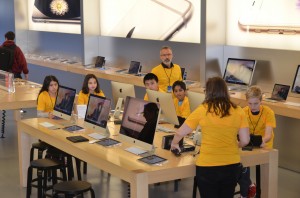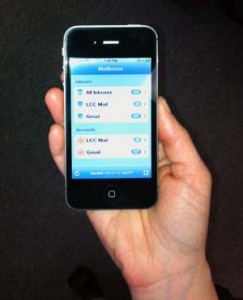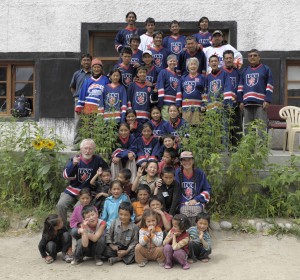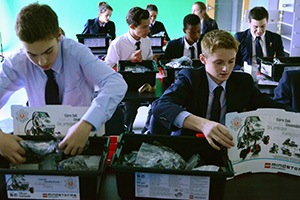 LCC’s Coding & Robotic Engineering Programme provides innovative active learning opportunities. This year, coding & robotic engineering will be more accessible than ever from grades 7 through 12. There are specialty courses, integrated projects, and clubs, which include professional mentors from the engineering industry.
LCC’s Coding & Robotic Engineering Programme provides innovative active learning opportunities. This year, coding & robotic engineering will be more accessible than ever from grades 7 through 12. There are specialty courses, integrated projects, and clubs, which include professional mentors from the engineering industry.
Integrated Coding Projects in Grade 8 Science
Last year, grade 8 science students used coding and robotics to set up an experiment that would help them better understand the effects of photosynthesis. This year, the experiment will be expanded, and will once again involve measuring the growth of numerous bean plants over a 30-day period. Each plant will be assigned different amounts of exposure time to sunlight. Robots will be used to lower a milk carton over the plants to keep them in the dark, or to raise the carton to give the plants sunshine. Students will program their robots to raise the cartons for their daily allotment of sunshine over a 30-day period. At the end of the experiment, the plants’ growth will be measured, and students will then formulate assumptions regarding the impact of light on the growth of their plants (view the apparatus demo and project site). This year, approximately 100 grade 8 students will participate in this experiment led by Mr. Tukkonen, Mme. Lalonde, and Mr. Auclair.
LCC Joins First Robotics Competition (FRC) with Industry Mentors
This year, Lower Canada College’s robotics team, comprised of 35 students, will be partnering up with mentors from the aviation industry as it competes in the globally renown First Robotics Competition. FRC is quite a change from the Canadian Robotics Competition (CRC) that LCC traditionally competed in; while engineering is still key, programming is also a featured skill. In fact, one of the coding platforms used in the FRC competition is Labview, an industry standard programming tool that is also used at all grade levels at LCC. Interestingly, Labview was also used to program several Mars explorers and it is compatible with LCC’s Vernier scientific sensors, leaving the door open for further cutting edge projects. This project will be coordinated by Madame Lalonde, Mr. Searle, Mr. Zuccheroso, and Mr. Auclair.
Middle School Coding Club
Now in its second year, Lower Canada College’s Middle School Coding Club now provides students opportunities to program on their iPads using Mindstorms. Add into this mix the latest EV3 robotic kits, and you have a recipe for some sophisticated active learning opportunities. Mr. Auclair and Mr. Tukkonen will be challenging students with a number of programming tasks throughout the year.
Specialty Coding Class in Grade 10
In grade 10, students have the option of taking a computer programming course with Mr. George. Using Visual Basic in combination with Excel, students delve into the more fundamental aspects of manually coding increasingly sophisticated projects. Precision, logic, and math figure prominently in this class.
Optional Course in Robotic Engineering, Programming & Artificial Intelligence
Now in its 14th year, approximately 20 students are enrolled in Mr. Auclair’s Senior robotics class. This course explores concepts in physics, biology, and psychology in relation to the engineering, programming, and logic behind the design of autonomous robots. Students are provided with a variety of hands-on challenges to design and program innovative, functional robots that can make decisions on the fly. Past projects included robotic football, obstacle courses, and the development of an interactive humanoid.
– Christian Auclair, Coordinator of the Computer Science Department

